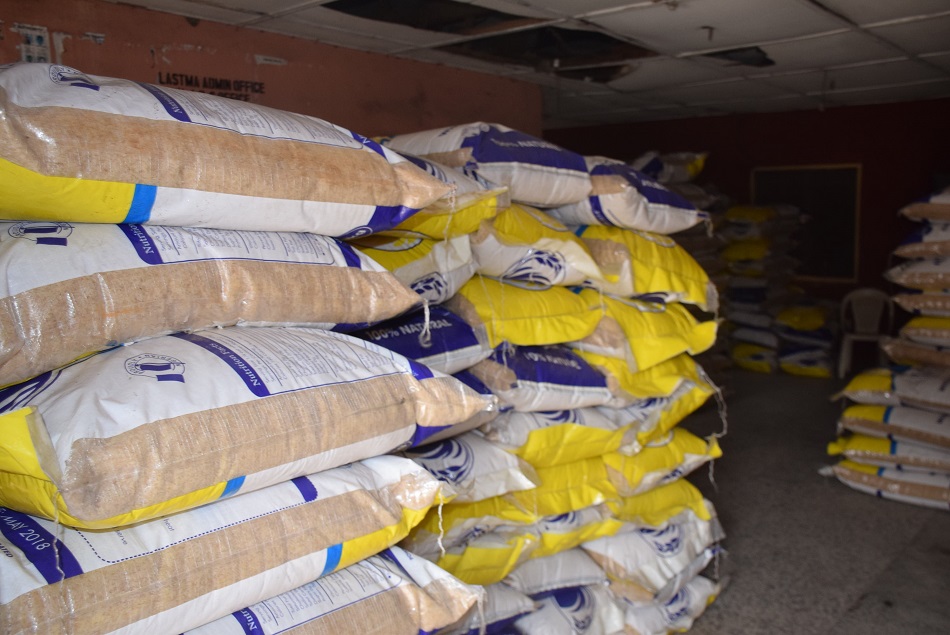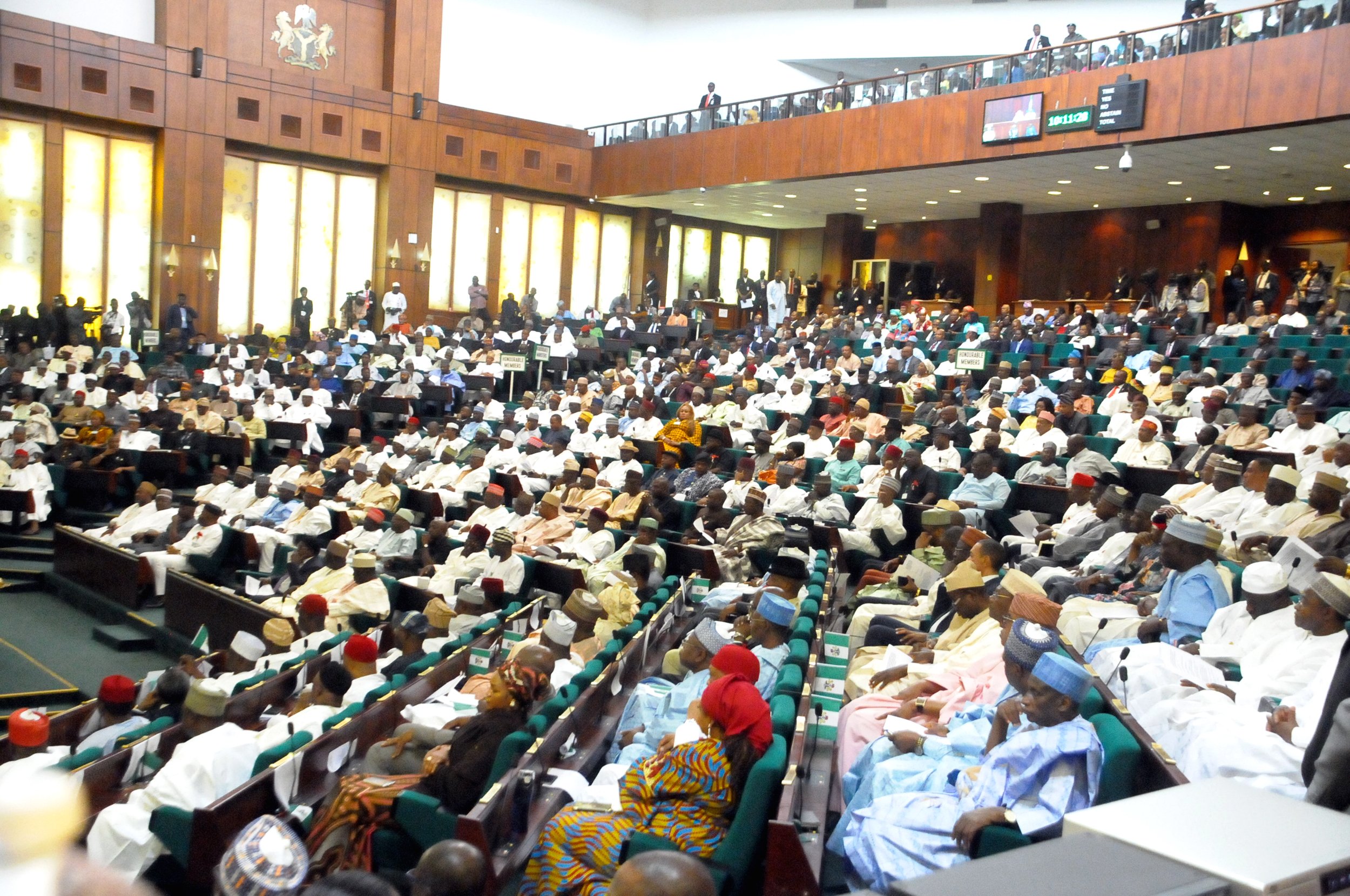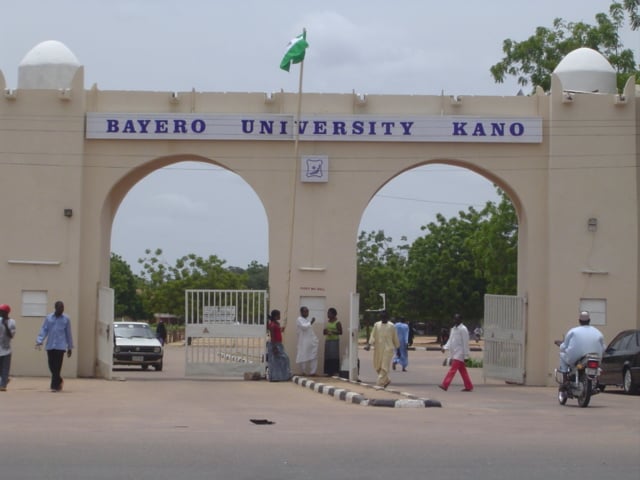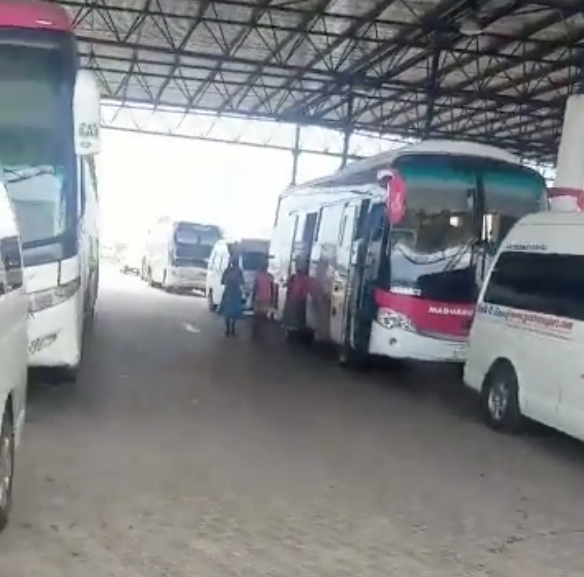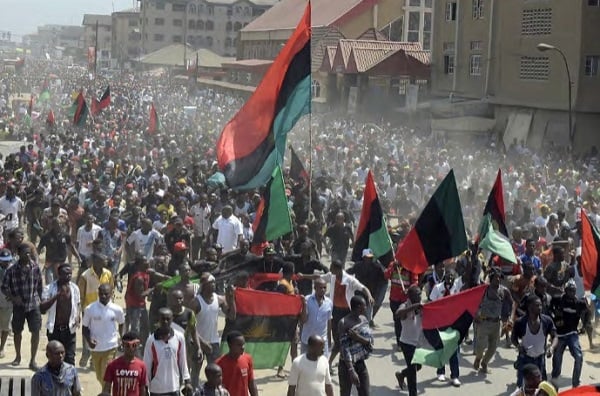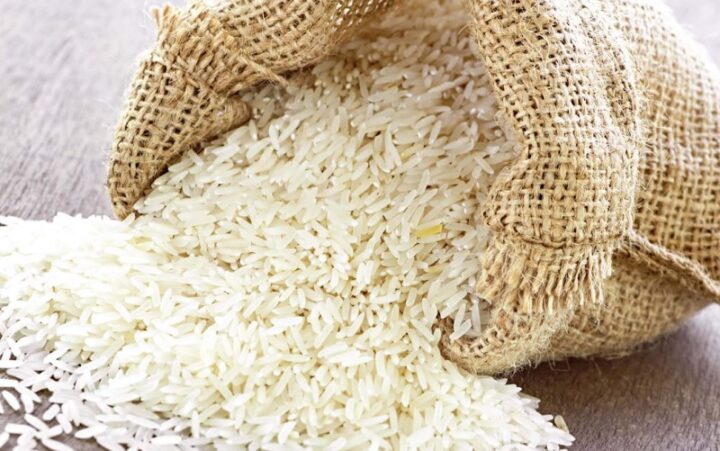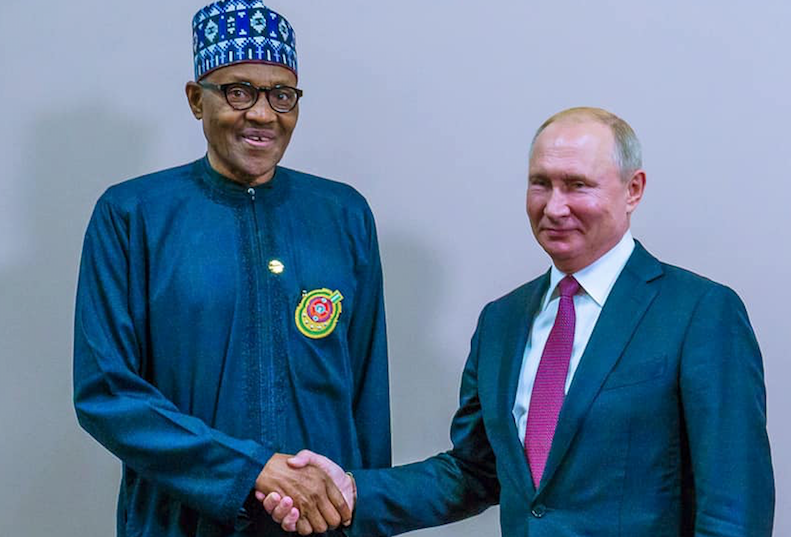A room filled with bags of Lake Rice
Following the closure of the Nigerian land borders by the Federal Government in a bid to curb excessive smuggling into the country, its apex bank; the Central Bank of Nigeria (CBN) in a recent statement urged the Rice Processors Association of Nigeria (RIPAN) and other players in the rice value chain to refrain from ‘inordinate’ hiking of rice price.
Since the shutdown of the border in August, the cost of a 50kg bag of rice in the retail consumer segment has skyrocketed by over 40%, from N15,000 to N22,000. A key component of the bank’s statement as rendered by its governor; Godwin Emefiele was that the border closure policy was implemented to enhance the developmental process of the Nigerian economy – a critical piece being Nigeria’s self-sufficiency in rice production.
The aforementioned signifies that Nigeria would be able to cater for current rice demands by bridging production deficits and improving the overall growth trajectory of the sector. It is pertinent to note that rice is the most consumed food staple in the country and is somewhat a ‘political crop.
Though rice consumers remain skeptical at the level of supply from Nigerian Rice millers, the RIPAN chairman, Hon. Abubakar Maifata has assured the stakeholders of the Industry that all members of the association are doing their absolute best to make sure production of rice is maximized and supply to the various markets of the country is maintained to the best of their abilities.
Advertisement
Beaming a searchlight on the practicality of accession, the realities of the sector are such that rice producers and processors will keep falling short should they attempt to rein in their cost of production for ‘affordable’ pricing.
For one, the current ban on NPK 15-15-15 is impacting not only farm yields but also costs. Blended fertilizers are more costly and those that use DAP/MAP increase the iron content in the already high iron toxic soils, a development that adversely impacts farm performance and yields over a long period. As things stand, NPK prices have increased from N6000 per bag to N8500 per bag.
The CEO of Fullmark Group, Mr. Sriram Venkateswaran while speaking at the recently concluded Feed Nigeria Summit also revealed that Nigeria’s paddy (unprocessed rice) is the most expensive in the world, another indication that without a level playing field, price equity is at best an illusion.
Advertisement
The current price of Paddy that a Nigerian Rice Miller has to buy is at best between N 135-140k which is about 70% higher than the major rice producing countries in the world. In order to be competitive with the top rice producing countries, our Millers need to be able to buy paddy in the range of N 100 – 105k maximum and have same delivered to their Mills.
An often ignored fact and one that barely gets put in the paddy and rice conversation is as follows. One ton of paddy gives you the following-Packed rice 60%,mix brokens,6.5%,Rejects 2.5%,Bran 7% and Husk 24%..The paddy comes with 6-8% impurities like chaff, stones, sands and other particles and what this means invariably is that paddy you buy from the market is always 6-8% more costly than the price quoted as you buy these impurities as well. Every sector has its economics be it Aviation, Telecoms, Power and as such those realities must be factored in to get the appropriate pricing.
Another area of concern is the production capacity of the sector. Between 2015 and 2019, Nigeria’s rice production increased from 3.9million metric tonnes to 4.9million. Demand however still outweighs supply as Nigeria currently consumes almost 7 million metric tonnes of rice per year.If the law of demand and supply which is a fundamental economic principle holds any water, it then becomes natural to expect an increase in price, where demand exceeds supply. While it is tempting to view re-opening of the borders as a viable means of escaping this quagmire, we would only have succeeded in trading more holistic solutions for temporary succour, particularly now that alternative smuggling routes are being discovered.
As a result of the President Muhammadu Buhari led administration’s 70% tariffs and levies on rice importation also aimed at boosting production and consumption of local rice, would-be importers with access to cheap paddy have taken to massive smuggling of rice into the country -all thanks to our porous borders. Nigeria’s rice deficit of about 2.1million MT up until the border closure directive was steadily augmented by smuggling, translating again to the fact that local producers can simply not compete with their foreign counterparts.
Advertisement
Data out recently revealed that the Republic of Benin, Nigeria’s closest neighbor with a population of 11 million, barely 5% of Nigeria’s is the biggest buyer of the grain from Thailand; the world’s second-largest exporter. Yet, official shipments from Thailand to Nigeria have dwindled to almost nothing from more than 1.2 million tons in 2014 and ‘incidentally’, the largest tonnes of smuggled price in Nigeria are illegally transferred through the porous Nigeria-Benin border – indeed the facts speak for themselves.
WAY FORWARD
According to the National President, Rice Farmers’ Association of Nigeria (RIFAN), Aminu Goronyo, the rice industry has gained over N52.21bn since the border closure as recently disclosed by the CBN Governor, the onslaught is total and his statement is re-echoed by the Customs head honcho Rtd Col Hameed Ali
Evidently, enforcing a steep drop in rice price will not augur well for operators in the value chain.As things stand, rice milling is already very expensive and further reduction in sales prices will impact negatively on cash flows and Return on Investments (ROI).A recent released report by a big time player in Nigeria and unarguably the largest player in the rice value chain-(they should know with a 160 million dollar investment in the sector) indicated a strong improvement in Nigeria’s domestic rice milling capacity which further proves that the sector needs protection from cheap smuggled rice. The fact is that the domestic Rice Industry has bridged the consumption gap in the country at a rate of about 0.2 million metric tonnes per year for the last 3 years and will likely do so at about 0.4 million metric tonnes per year over the next 3 years if investments in the industry grow at the current rate
Advertisement
This will in turn reduce the rice consumption gap in the country to a minimum. Hence, it is imperative that the rice policy in the country supports the investors in this domestic value chain to maximize their investments in this crucial three year period till the end of 2022.
Most importantly, as Dr Debisi Araba, Regional Director at the International Centre for Tropical Agriculture (CIAT) posited that the Nigerian rice ecosystem needs to expand beyond more than what is currently obtainable. “Agriculture is really sophisticated, and you can’t reduce it to distributing blended fertilizers to farmers alone. It has to be an all-inclusive rounded approach that addresses concerns of all critical stakeholders in the value chain”, he said.
Advertisement
Another convener of Rice Conversations in the last four years Richard Mbaram of Agro -Nigeria believes this is the time to convene another dialogue of sorts for Grains, Cereals, Tubers and other commodities that examines the inherent weaknesses and the apparent lack of linkages in the entire ecosystem and I couldn’t agree more.
Corroborating the statement of the CIAT researcher,independent studies conducted have shown that a turnaround in Nigeria’s rice production landscape without improved infrastructure, production and milling activities self-sufficiency will remain a mirage and as I am wont to say , you can only be competitive where you have comparative advantage.Let the conversations continue as I rest my case for now.
Advertisement
Views expressed by contributors are strictly personal and not of TheCable.
Add a comment

